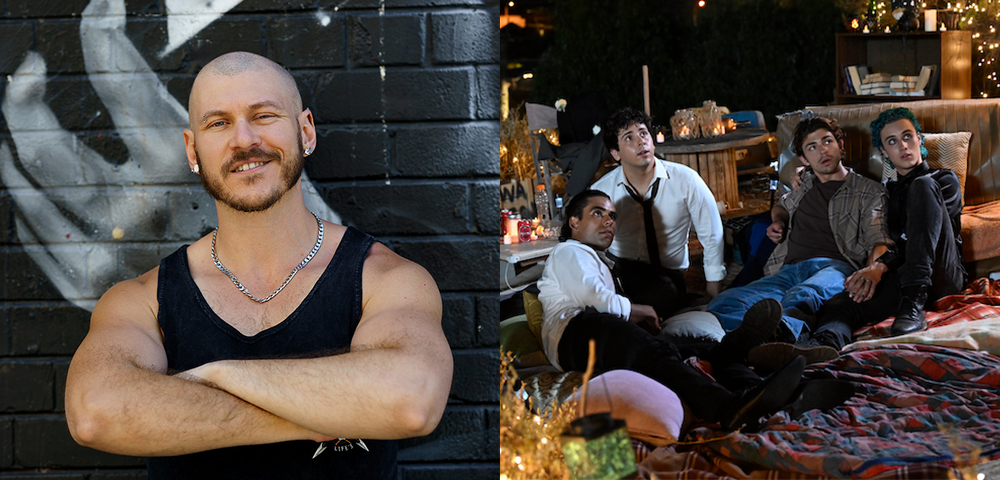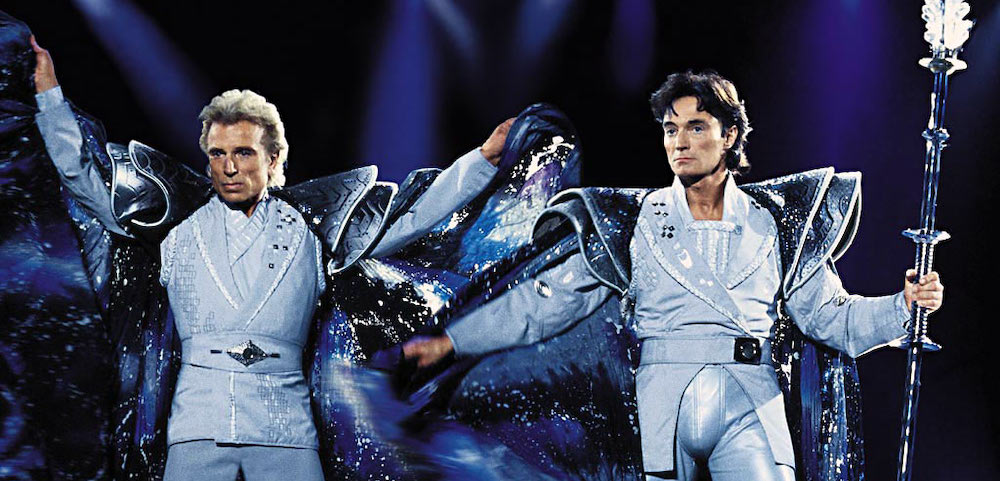

2016 has been a rough year for a lot of people, but both the LGBTI and Aboriginal and Torres Strait Islander communities were hit with some especially heartbreaking tragedies.
This year we have faced the Orlando shootings, ongoing criticisms on the Safe Schools programs and many public incidences of homophobia and transphobia.
Australia’s Indigenous communities have also faced the Don Dale youth detention ordeal, the death of Elijah – a young boy in Kalgoorlie, ongoing racism and many other ordeals.
However, it was the untimely deaths of two members of each of these groups that rocked both the LGBTI and Aboriginal community to the core.
When news broke that after allegedly experiencing homophobic bullying it shocked many people.
But as a gay and Aboriginal boy, Tyrone was at a great risk of suicide.
We know that LGBTI people are 14 times more likely to take their own lives and suicide is one of the biggest killers of Aboriginal and Torres Strait Islander people with the death rate from suicide for Indigenous people more than double the rate for non-Indigenous people.
We do not have specific data for the rate of suicide among Indigenous LGBTI people, but anecdotal evidence and comparative data from Indigenous people in Canada would suggest it is extremely high.
Beloved Sydney hospitality worker Chris Smith .
LGBTI and Indigenous people – and people who identify as both – are more likely to experience depression and anxiety than the general population.
So it is crucial to be able to recognise and support someone who is at risk of self-harm or suicide. It is also important to know how to access the right services if you are experiencing depression or anxiety and want to take care of your mental health.
Beyondblue have a range of resources available for people who would like to learn how to support a family member or friend who may be experiencing mental health issues.
The organisation suggest to let the person know if you’ve noticed a change in their behaviour, to let them know you’re there to listen to them without being judgmental.
If you suggest they go see a medical professional, you could offer to help them make an appointment or go along with them.
It can be really useful to help the person to find information about depression and anxiety from a website or library and to encourage other people in their lives to reach out to the person.
Health is a critical factor in mental health and a person experiencing issues should be encouraged to try to get enough sleep, exercise and eat healthy food. They should never be encouraged to use alcohol or other drugs to feel better.
It is important to not put pressure on a person with depression or anxiety to tell them to ‘snap out of it’ or ‘get their act together’ or tell them they just need to stay busy or get out more.
Simply make sure they know you are there for them, and don’t stay away or avoid them.
As Smith’s boss at the Beresford Hotel, Paul Flynn, said: “We want people to know it’s OK to not be OK, everybody is here for you and if you’re feeling down just talk to a friend.”
QLife is a national phone and webchat service run in partnership with four local LGBTI services around Australia and offer support to people in the community. It trains its volunteers and staff with content on cultural sensitivity and about intersecting identities.
“At the core of QLife’s work is the ability of our staff and volunteers to support LGBTI people, their families and our communities in ways that makes room for conversations full of complexity and intersections,” said Stella Topaz, QLife National Project Manager.
Brett Mooney heads up the Queensland AIDS Council 2 Spirits program which works to improve the sexual health of Aboriginal and Torres Strait Islander gay men and sistergirls through a ‘Whole of Community Approach’ to education, prevention, health promotion and community development activities.
Mooney described a time 2 Spirits worked with high school students in south-east Queensland and realise they would have to adjust the language they used around the issue to help the kids understand what they were going through.
“We started using the word Womba which means ‘grief from loss’ in the local language and used for every mental health term that someone can suffer from,” he said.
“When we broke it down that way, they realised what they were feeling and started accessing counselling services.”
Mooney said Aboriginal health services were on a “mental health mission” to educate people in the different Indigenous communities about how to not only recognise issues in themselves and other people, but also how to access services.
“People have a boxed view on what mental health is…. mental health is deeper than how it looks,” he said.
“They think mental health means crazy and they think there is no inbetween. Our mob need to know what it is, we’re on a mental health mission here.”
“The first step in healing a broken spirit is to speak, identifying is the first step.”
WHO CAN I CALL?
If you need someone to speak to, you can contact one of these services –
Headspace: 1800 650 890
Kids Helpline: 1800 551 800
Beyond Blue 1300 224 636
QLife: 1800 184 526
Lifeline: 13 11 14
2Spirits: 07 3017 1777









